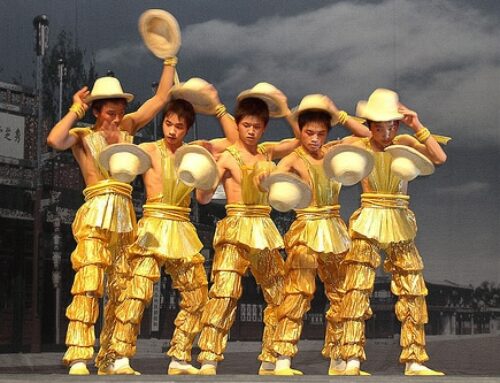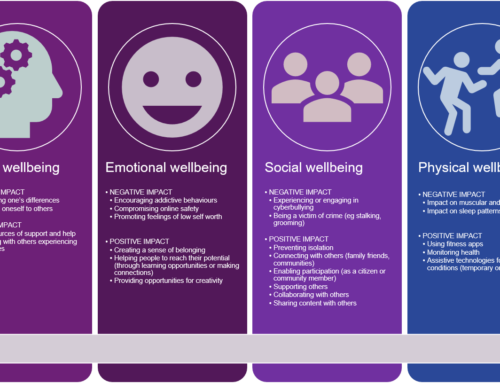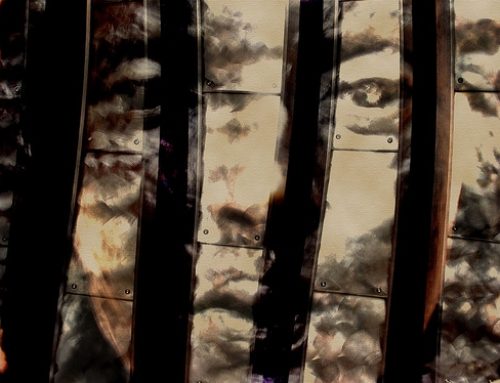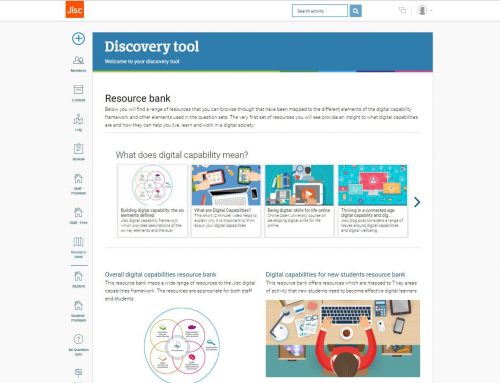Yesterday during Allison Littlejohn’s talk for change11, I mentioned something I have been thinking about as a result of conversations with Allison about collective learning, openness and literacy. I’d like to outline the thinking behind my question in this blogpost.
Background
Allison talks in her learning ecosystems post about the relationship between OERs, literacies and collective learning. We have worked together for a few years in both fields and it has been interesting bringing that together and thinking about the links between open knowledge and open practice around the use of this knowledge.
In thinking about which literacies we need to be open in both learning and teaching there are some fairly obvious ones that are simply literacies we need to learn effectively in a digital age – the usual stuff made up of information, digital and academic literacies.
There are literacies – adopted by both teachers and learners – which relate to learning in an open context. In an ‘open knowledge’ environment teachers have to change the ways they interface with knowledge. We have observed a shift in the practices of teachers when making learning resources open – changes in relation to provenance, accessibility, copyright and pedagogy.
Teachers are developing new literacies to utilise OERs within their own teaching practice. Learners may extend their literacies beyond conventional research and information practices to include open resources – not just finding them but using them effectively in their learning. However, we could question if learners need new literacies to use them if OERs are simply accessible learning resources. Are new practices actually emerging?
Through our research in evaluating the JISC/HE Academy UKOER programme we have highlighted a need for cross disciplinary approaches to and multi-disciplinary partnerships for institutional and community approaches to OER release and use. This is one of the most significant challenges for teachers as it necessitates a change in culture and practice. Teachers have to implement adventurous and innovative approaches which take them out of their ‘comfort zones’, into new subject domains and into learning new and (sometimes different) languages.
These literacies around open knowledge resources are very relevant to collective learning. Openness is an important aspect of ensuring that collective knowledge is shared, built up and contributes to collective learning. Collective learning often has to cross subject boundaries and requires us to interweave knowledge from these different domains. We don’t often do this in an educational context due to traditional institutional organisation of faculty and courses, which can remove authenticity from the student experience and result in graduates who are not industry ready.
Literacies to particpate in collective learning
These ideas around literacies are related to the relationship between the individual and the collective. If I am contributing to collective knowledge and supporting collective learning there is likely to be an imperative for doing so. It depends on the context: as an individual I have a strong imperative to contribute to the collective knowledge around autism and around home learning. As an individual I have already benefited from existing collective knowledge and by contributing back I hope I may benefit others. My driver is not recognition as an individual – it is altruistic. I may contribute knowledge in an anonymous way if I contribute to a forum under a pseudonym.
In the academic world, as in other professional domains, recognition is extremely important. Careers are often built on recognition. If an academic contributes to some collective activity they want their name on it. Not only that they want their name in a prominent place. There are many people who work collectively on things and barely get recognised for it. They may be happy that by contributing to the wider collective knowledge they are making a difference at a broad level. They may not be driven by their own individual advancement. By working on a wiki to collate team knowledge an individual could have their contribution recognised only by the wiki administrator. As time goes by their contribution is still there but may never be recognised.
This is the point I made yesterday. One of the literacies that I need as a contributor to the collective is to understand how to balance the needs of me as an individual with the needs of the broader collective. Sometimes my contribution may be subsumed into the collective and that may be OK. At other times my contribution may need to be recognised. Here are a few examples:
- in a collaborative learning activity which is assessed you need to make sure your contribution is properly recognised by the person assessing your work
- in a competitive work environment you may need to have your contribution recognised to obtain a bonus, or have it included in a professional review mechanism
- in the competitive academic world you need your work to be recognised to be seen as an expert in your field and generate respect and future work
There is a difference between a contribution being ‘subsumed’ into the collective knowledge and in an individual’s voice being lost in the collective. It can be challenging to have your voice heard when the collective may contain very strong and articulate characters, when it may contain people who claim your work as their own, or when you represent an organisation. As an individual a person may not even be recognised as being part of the collective – they could be disempowered by socioeconomic status, disability, gender or age – and be rendered invisible. My point is that we need literacies to recognise our place/role in the collective, balance the advantages and disadvantages of being visible and interact with collective knowledge in a way that benefits both the individual and the collective.
On the other hand – if egos didn’t get in the way maybe it would sometimes be less challenging to contribute to collective learning…








Leave A Comment